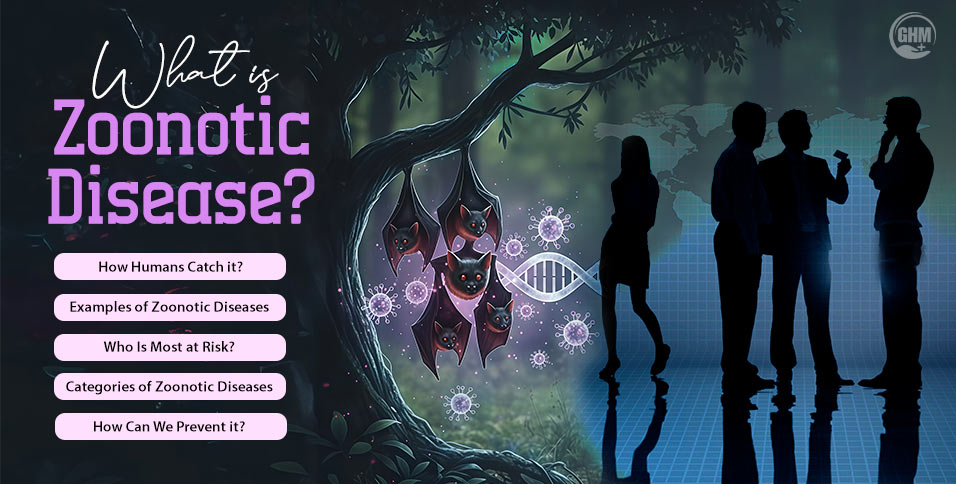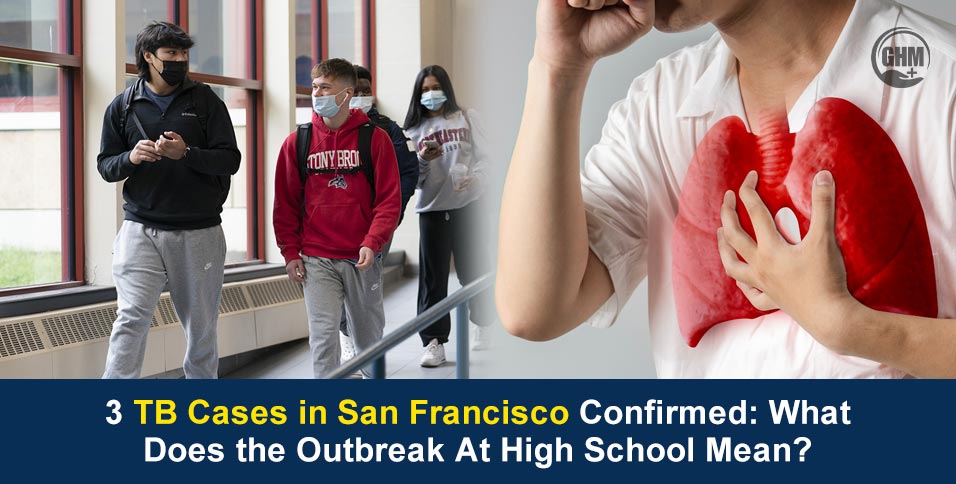The U.S. government, under the Trump administration, is preparing to issue guidance tying Tylenol use in pregnancy, also known as acetaminophen, to a possible increased risk of autism in children. despite existing medical guidelines that have long considered the drug safe when used properly. The move follows recent studies that suggest an association but do not conclusively prove causation.
Officials are also expected to promote further research into leucovorin, a drug being looked at experimentally for treating autism.
Key Points
1. Latest study Findings
- A large meta-analysis led by the Icahn School of Medicine at Mount Sinai and Harvard found that prenatal acetaminophen exposure is associated with higher rates of neurodevelopmental disorders, including autism and ADHD. The study reviewed 46 previous studies, covering over 100,000 participants.
- However, a massive Swedish cohort study of nearly 2.5 million children showed that when comparing exposed and unexposed siblings, there was no significant increase in autism risk connected to Tylenol use in pregnancy.
2. Medical community’s stance
- The Society for Maternal-Fetal Medicine (SMFM) continues to affirm that acetaminophen is “an appropriate medication” for managing pain and fever during pregnancy. They stress that research to date is inconclusive and that untreated fever or pain may itself pose risks.
- Experts argue that associations found in observational studies may reflect confounding factors such as genetics, maternal health, and environmental exposures rather than direct causation.
3. Changes with Government proposal
- The proposed guidance would tell women about Tylenol use in pregnancy only when necessary, possibly reserved for high fevers, rather than as a routine over-the-counter pain reliever.
- Health officials are also exploring leucovorin as a treatment, based on preliminary work. It suggests some improvements in communication and understanding in children with autism. But these trials are still early and not widely accepted in mainstream practice.
Effects of This Guideline
- Pregnant women: They might get confused and anxious over what is safe. Tylenol (acetaminophen) has been the go-to over-the-counter medicine during pregnancy for pain or fever, because alternatives (like NSAIDs) often carry greater risks.
- Doctors and public health policy: issuing the guidance while the evidence is mixed is a difficult task. Striking the balance between precaution and causing unnecessary alarm is difficult.
- Researchers: There is an urgency in further studies that can control for confounding, use sibling designs, and clarify whether there is a causal mechanism.
Areas of Uncertainty
- Whether observed links are causal or simply correlational. Observational studies can only show associations. The sibling comparisons suggest that shared genetic or environmental factors may explain some of the risk.
- What dose, timing, and duration of acetaminophen may pose risk, if any? Are risks greater in certain trimesters or with long-term use?
- The role of untreated maternal fever or pain, because avoiding treatment entirely may bring its own harms.
Guidance for Expectant Mothers
- Talk with your obstetrician about what medications (and non-medication measures) are safe for you.
- Use acetaminophen at the lowest effective dose for the shortest duration needed.
- Keep personal medical history in view. If you have a fever, infections, or other health conditions, discuss those risks with your provider.
- Do not stop or avoid medication without medical advice. An untreated high fever can itself harm the baby.
Coclusion
While U.S. officials now propose guidance warning of a possible link between (acetaminophen) Tylenol use in pregnancy and autism, current scientific evidence does not prove that using it causes autism.
For now, expectant mothers should consult with healthcare professionals, use painkillers cautiously, and weigh the potential risks against the risks of untreated pain or fever. The coming months may bring more research, clearer guidance, or refined guidelines, but making informed, calm decisions remains key.













